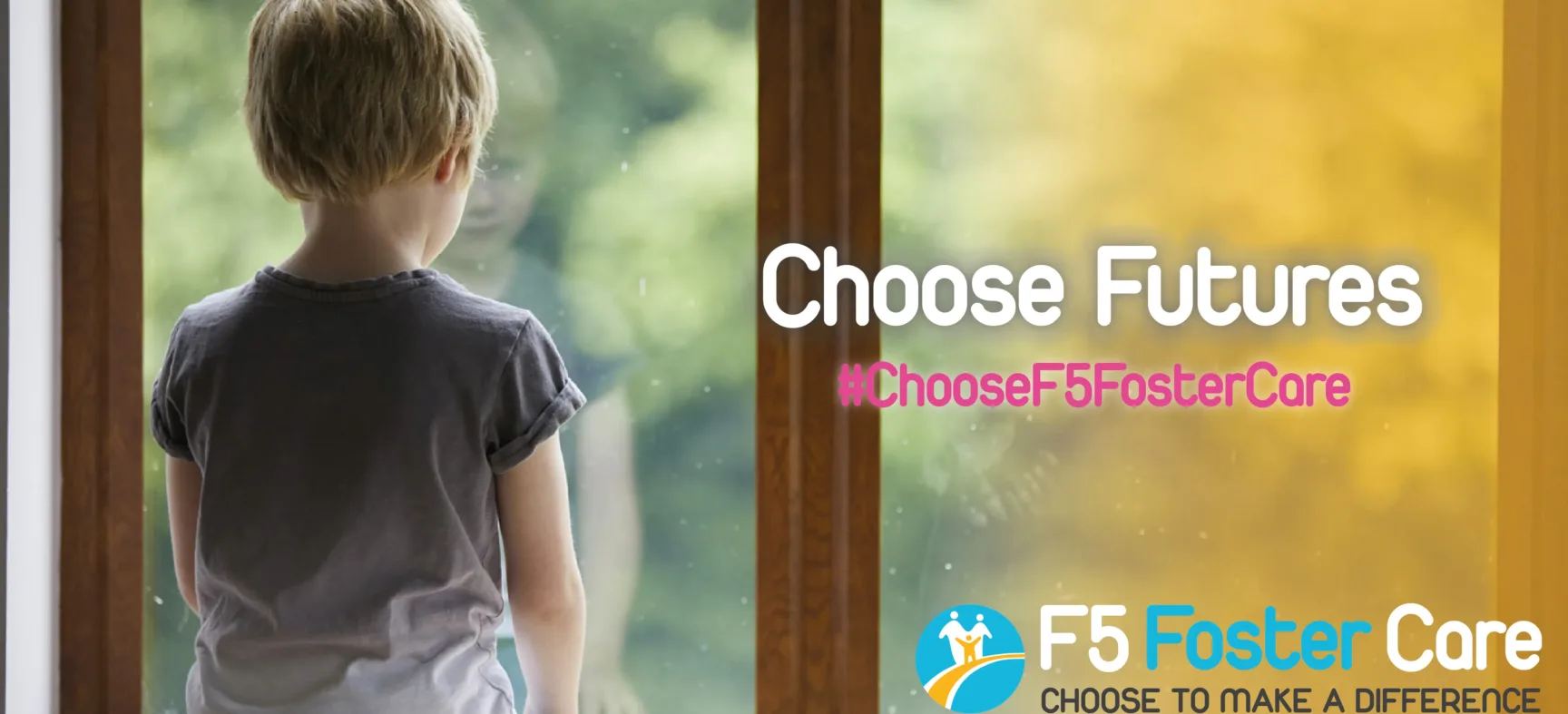Nurturing Mental Health: A Closer Look at Children in Foster Care. Role Foster Carers play in supporting the children and young people.
Mental health is a fundamental aspect of a child’s well-being, impacting their development, happiness, and future. For children in foster care, who have often experienced trauma and instability in their early lives, the importance of mental health support cannot be overstated. In this article, we will discuss the challenges that children in Foster Care can face regarding mental health, and crucially, the role Foster Carers play in supporting the children and young people who are living with them.
Children in Foster Care often carry the emotional scars of adverse early-life experiences. These experiences can range from sustained neglect, physical or emotional abuse, the loss of a parent, to witnessing domestic violence within their homes. Trauma such as this, can significantly affect their mental health, leading to a range of issues, including anxiety, depression, post-traumatic stress disorder (PTSD), and attachment disorders.
A study in 2022 found that 18.0% children aged 7 to 16 years old have a mental health disorder, which is an increase from 12.1% in 2017. Although specific data on looked-after children is lacking, it’s widely acknowledged that they are at a greater risk of experiencing poor mental health. Informally it has been suggested that children in foster care who meet the criteria for a mental health issues could be as high as 1 child in 2.
Factors contributing to the increased vulnerability of children and young people in Foster Care.
Several factors contribute to the increased vulnerability of children and young people in Foster Care when it comes to mental health challenges:
-
Traumatic experiences: Many fostered children come from backgrounds of abuse, neglect, or instability, which can leave lasting emotional scars.
-
Loss and separation: The upheaval of being removed from their birth families, even when it’s for their safety, can be deeply traumatic for children.
-
Placement instability: Frequent changes in foster care placements can disrupt the development of secure attachments, which are crucial for a child or young persons emotional development.
-
Stigma and identity: Children and young people who are in Foster Care may grapple with questions of identity and belonging, potentially leading to self-esteem issues.
What is the role Foster Carers play?
The role that Foster Carers play in the emotional well-being of the children and young people in their care is absolutely vital. Here are ways they can offer support:
-
Providing a safe, stable environment: Consistency and routine are essential. Creating a safe and predictable home environment can help reduce anxiety.
-
Being patient and understanding: Fostered children and young people may need time to trust and open up. Foster Carers should be patient listeners and offer unconditional and non judgmental support.
-
Accessing professional help: Recognise when specialised support is required. Seek guidance from mental health professionals and therapists when necessary. Services such as CAMHS can be particularly helpful although there is often a waiting list so the sooner you can request this support the better.
-
Nurturing emotional intelligence: Encourage children to express their feelings through words, art, or play. Help them understand and cope with their emotions.
-
Promoting positive attachments: Help support the development of healthy attachments by being responsive and nurturing. Show that you are dependable and caring.
-
Advocating for their needs: Be an advocate for the child’s mental health needs within the care system, ensuring they receive appropriate support. As mentioned above, wait times can be lengthy so seek out local charities and services as soon as possible. You can liaise with the child’s Social Worker or medical/educational professionals to try an speed things up.
Challenges faced by children and young people in Foster Care
The mental health challenges faced by children and young people in Foster Care are a significant concern, and one that needs our full attention and compassion. While research highlights the increased risk, Foster Carers can make an enormous difference in these young lives. By providing stability, understanding, and advocating for professional help when needed, Foster Carers can be a beacon of hope and support, helping fostered children build brighter, more resilient futures. Together with our wonderful team of Foster Carers, F5 Foster Care aims to nurture and support the mental health of these remarkable young individuals and empower them to thrive despite their previous experiences.

